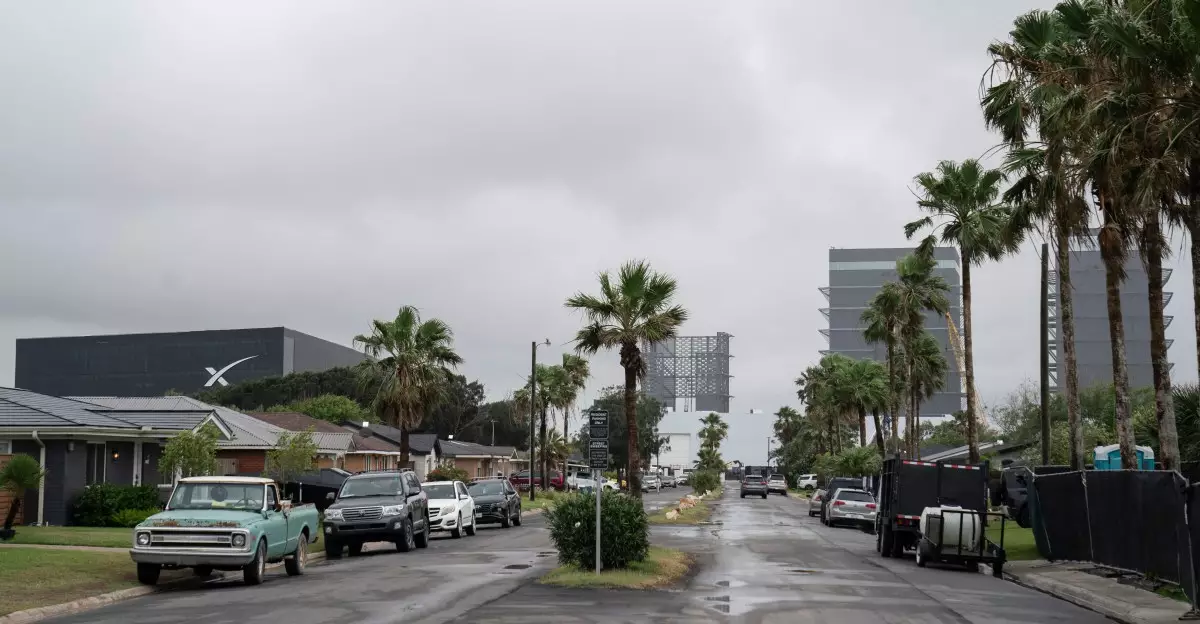Exciting developments are unfolding in the realm of space exploration, as SpaceX employees near the company’s Boca Chica launch site have made a groundbreaking decision that could reshape local governance. With an overwhelming majority of 212 votes in favor against just 6 opposed, the workers have successfully voted to incorporate their work community into a new city dubbed Starbase, Texas. This move, while seemingly innocuous, serves as a reflection of SpaceX’s increasing influence and ambitions as it seeks to fortify its operational base in the region.
The Demographics of a City in the Making
The vote’s turnout is noteworthy not just for the results, but also for its composition. According to reports, approximately three in five eligible voters were SpaceX employees, suggesting that the voices heard were predominantly those of individuals deeply intertwined with the company’s mission. This raises significant questions about democratic representation in a city founded almost exclusively by employees of a single corporation. Critics might argue that the process echoes corporate consolidation, where community interests become secondary to corporate agendas.
Elon Musk’s Vision of Autonomy
Elon Musk’s ambition for Starbase reflects a larger trend in which technological leaders seek autonomy over local governance and its implications. The concept of a company town is not particularly new, but Musk has taken this idea to a level that merges innovation with political maneuvering. His proactive governance in the early stages—celebrating victory on social media even before the final vote count—is illustrative of his approach to establishing a community aligned with his futuristic vision. Musk’s strategy poses critical implications for corporate citizenship and the extent to which a business can dictate local policy.
Legislative Maneuvering and Implications
Another layer to this development is the contemporary legislative environment in Texas. The passage of Texas Senate Bill 2188, which authorizes municipalities, including potential cities like Starbase, to manage beach closures for launches, indicates a significant shift in regulatory oversight. This bill could potentially grant SpaceX a preferential position, allowing them greater autonomy and diminishing federal oversight from entities like the FAA and the EPA. While proponents may see this as enabling progress, it begs the question of regulatory equity and the environment.
The Future of Space Exploration and Governance
As SpaceX continues to pioneer advancements in space exploration, the emergence of Starbase will undoubtedly serve as a focal point for innovation. However, this evolution also raises essential dialogues about governance, community representation, and the ethical responsibilities of corporations when it comes to public interests. The residents of Starbase will be living at the intersection of corporate ambitions and civic life, a balance that requires vigilant oversight to prevent potential overreach. The founding of Starbase is not merely a local event; it represents a pivotal moment in the fusion of technology with community governance, prompting both excitement and caution as we witness this city take shape.

